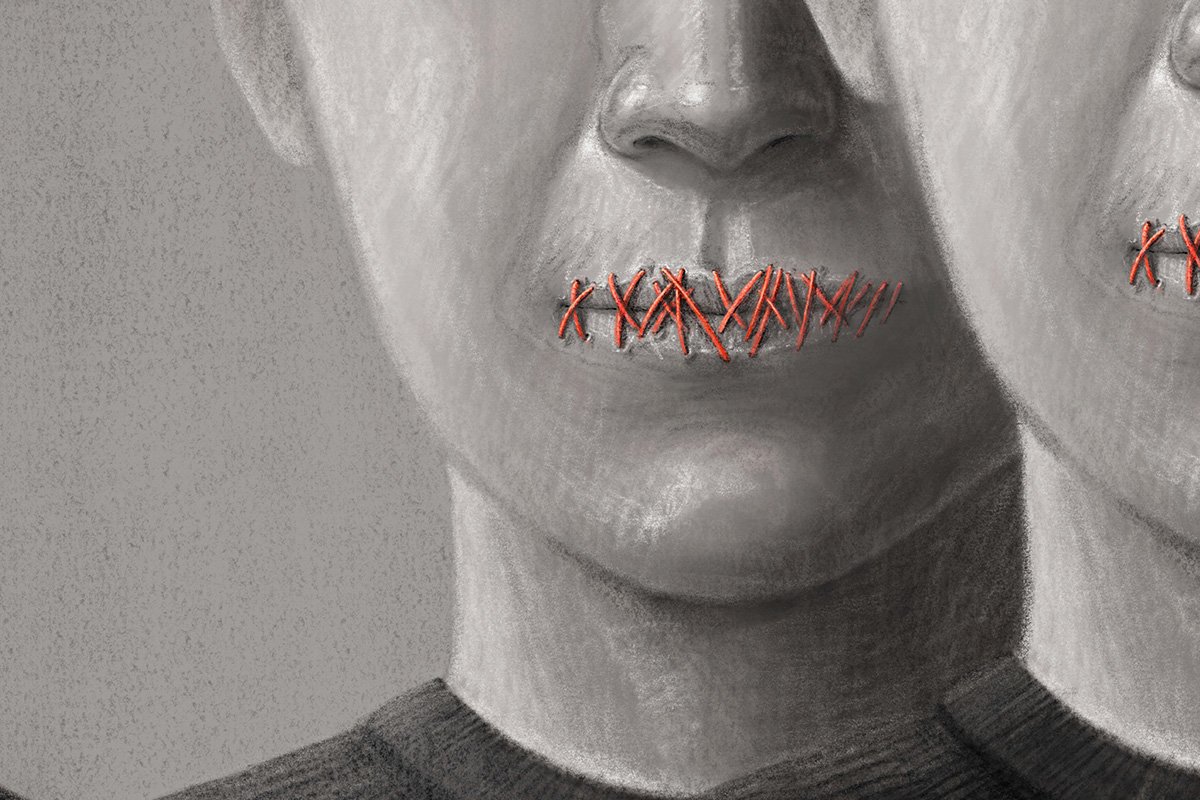
March 2, 2017; KUNC-FM (Greeley, CO)
To say that journalism has changed significantly over the last decade would be a major understatement. The rapid growth of nonprofit journalism and donor-funded, for-profit journalism has led to the emergence of new ethical questions. Among these are concerns about how and when to disclose the donors to a particular strain of reporting.
At NPR last May, this issue came up front and center in relation to its coverage of the U.S.-Iran nuclear deal, with NPR’s ombudsman expressing concerns. At that time, it began work on the updated guidelines that NPR’s chief executive Jarl Mohn recently signed off on.
Elizabeth Jensen, NPR’s Ombudsman and Public Editor, reports that the guidelines address not only grants and major donations but also sponsorships. Specifically, it addresses the traditional “firewall” between reporters and funding sources. The new guidelines are designed to place “a small window” in that firewall. In short, the new NPR guidelines recognize that even though “we want our journalists to be insulated from any ‘dangerous or corrupting force,’ transparency is one of our core principles.”
The biggest change—and it is a big one—involves who is responsible for making sure that listeners are told when an NPR funder is mentioned in an NPR report. Ensuring that these disclosures—that the subject of a report is also a funder of NPR—were made was previously the responsibility of the senior supervising producers for each NPR news show. Reporters and their immediate supervisors in most cases were not told who funded NPR’s journalism.
This system resulted, in cases like the U.S.-Iran nuclear deal, with some disclosures not being identified as needing to be made.
The new guidelines are the precise opposite; they make reporters and editors responsible for keeping up-to-date with the monthly lists of funders and adding any needed disclosures to their reports. (More-senior editors will serve as a backstop.)
In addition, the guidelines say, “NPR journalists will also be expected to ask sources (such as academics who may be funded by grants from foundations) about the financial support they (or the organizations they work for) receive. We would disclose, for example, that ‘Prof. John Doe’s study was funded by the Acme Foundation’ and if Acme had also given NPR financial support, we would disclose that connection.”
Sign up for our free newsletters
Subscribe to NPQ's newsletters to have our top stories delivered directly to your inbox.
By signing up, you agree to our privacy policy and terms of use, and to receive messages from NPQ and our partners.
As the guidelines state, “Briefing our journalists about what organizations and which individuals are giving us support puts the newsroom in a better position to relay that information to the public.” This, of course, also places the ethical onus on the reporter as well as higher-ups.
The guidelines do maintain the integrity of NPR’s story identification and treatment process: “NPR doesn’t accept money to do stories that others want done. NPR solicits and accepts support to do the stories that its journalists want to do.”
And, according to Mark Memmott, NPR’s editor for standards and practices, the whole system will encourage conversations in advance between the newsroom and the development office “to avoid grants being solicited that put the newsroom in an uncomfortable position.” He added that this could include donations from foundations or individual philanthropists addressing one specific issue.
NPR is also creating a managing editor–level position in the newsroom to oversee the conversations between the newsroom and development office.
Memmott says that essentially the guidelines will observe a fine line between an “old-fashioned firewall” and the new realities of transparency expectations.
“We want the journalists to have the information they need but not be affected by it,” he said.
It’s important to consider the ethics involved in the funding of journalism by a particular philanthropy, but it also raises larger questions about the influence of philanthropy more generally. When is the last time you thought about how much your choice of funding affects your program?—Ruth McCambridge
Correction: This article has been altered from its original form to correctly represent Elizabeth Jensen’s role at NPR.











